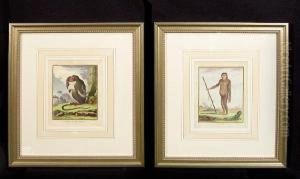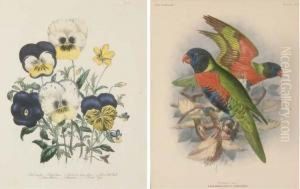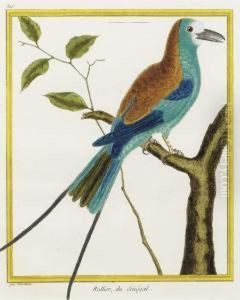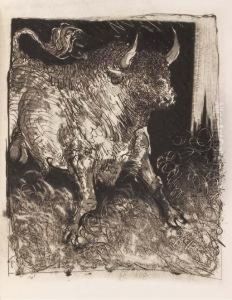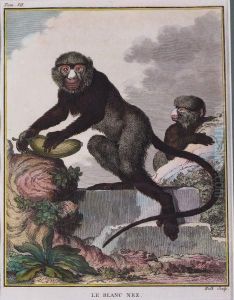George Louis Leclerc Buffon Paintings
Georges-Louis Leclerc, Comte de Buffon, was a French naturalist, mathematician, cosmologist, and encyclopedic author. Born in Montbard, Burgundy, France, on September 7, 1707, Buffon is best remembered for his influential work 'Histoire Naturelle, générale et particulière' (Natural History, General and Particular), which spanned 36 volumes and was written over a period of 50 years, from 1749 until his death in 1788.
Buffon's contributions to the natural sciences were vast and varied. He studied botany at the Jardin du Roi in Paris and was appointed the keeper of the Jardin du Roi (which would later become the Jardin des Plantes and the French National Museum of Natural History) in 1739. His work in natural history covered a wide range of topics from the history of the Earth to the classification of animals and the discussion of geographical distribution of species.
He was one of the first thinkers to propose that species change over time, an idea that prefigured evolutionary theories. Although he did not articulate a mechanism for such change, his observations laid the groundwork for later naturalists, including Charles Darwin. Buffon's Law, a concept named after him, posits that despite similar environments, different regions have distinct plants and animals, a principle that is foundational in biogeography.
Buffon was also noted for his writings on cosmology and geology. In his 'Époques de la Nature' (Epochs of Nature), he presented a view of Earth's history that was revolutionary for his time. He suggested that the Earth was much older than the 6,000 years posited by biblical scholars, estimating it to be around 75,000 years old based on his own research, though modern science would later prove the Earth to be even older.
His style of writing was eloquent and accessible, and he was one of the first to bring scientific topics to the attention of a broader audience. His ideas were controversial and sometimes at odds with religious doctrine, leading to friction with the Catholic Church, but his work was highly influential in advancing the study of natural history.
Georges-Louis Leclerc, Comte de Buffon, died in Paris on April 16, 1788. His legacy endures in the vast body of work he left behind, and in the continuing relevance of his ideas to the fields of biology, ecology, and geology.
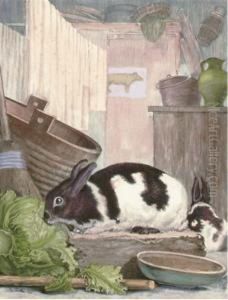
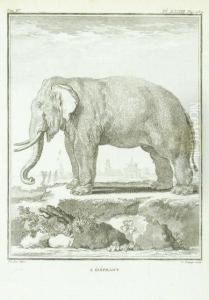
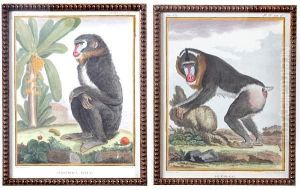
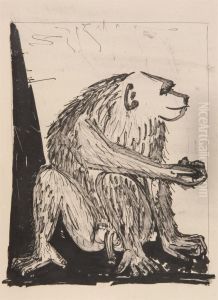
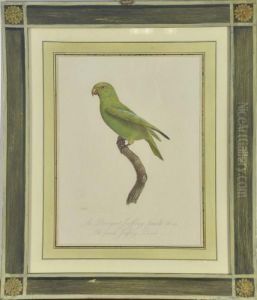
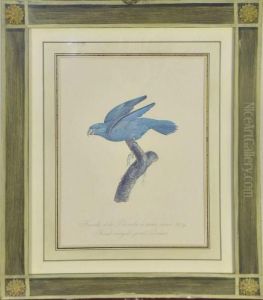
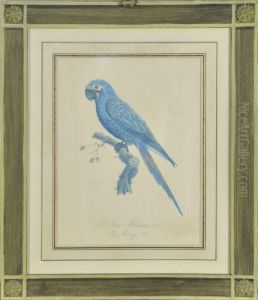
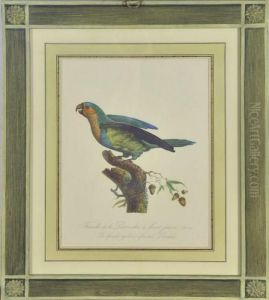
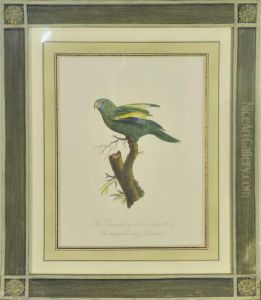
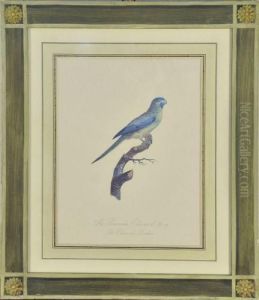
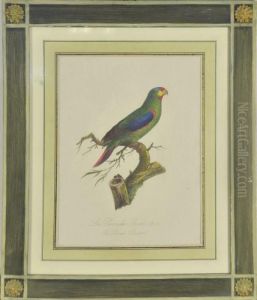
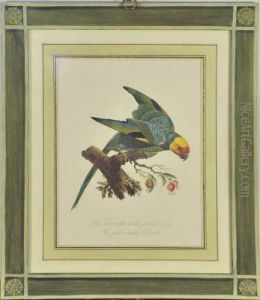
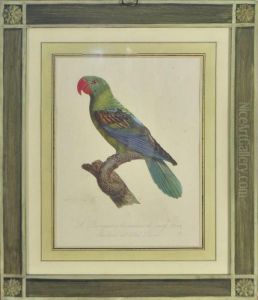
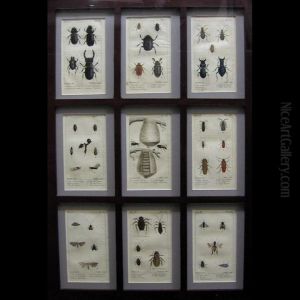

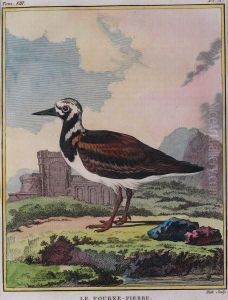
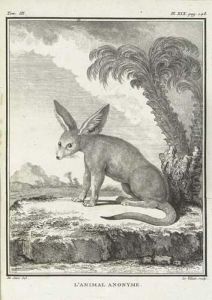
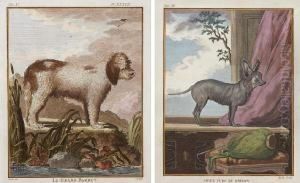
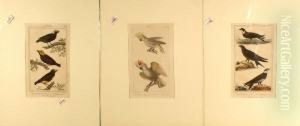
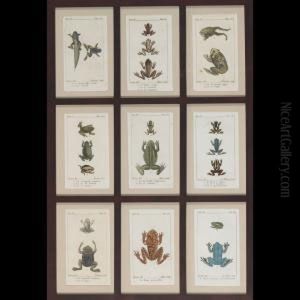
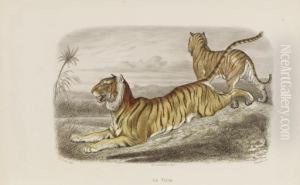
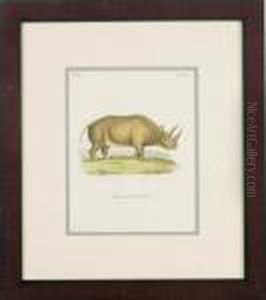
![[cats]: Five Plates](https://www.niceartgallery.com/imgs/1206883/s/george-louis-leclerc-buffon-cats-five-plates-f8c1db6.jpg)
